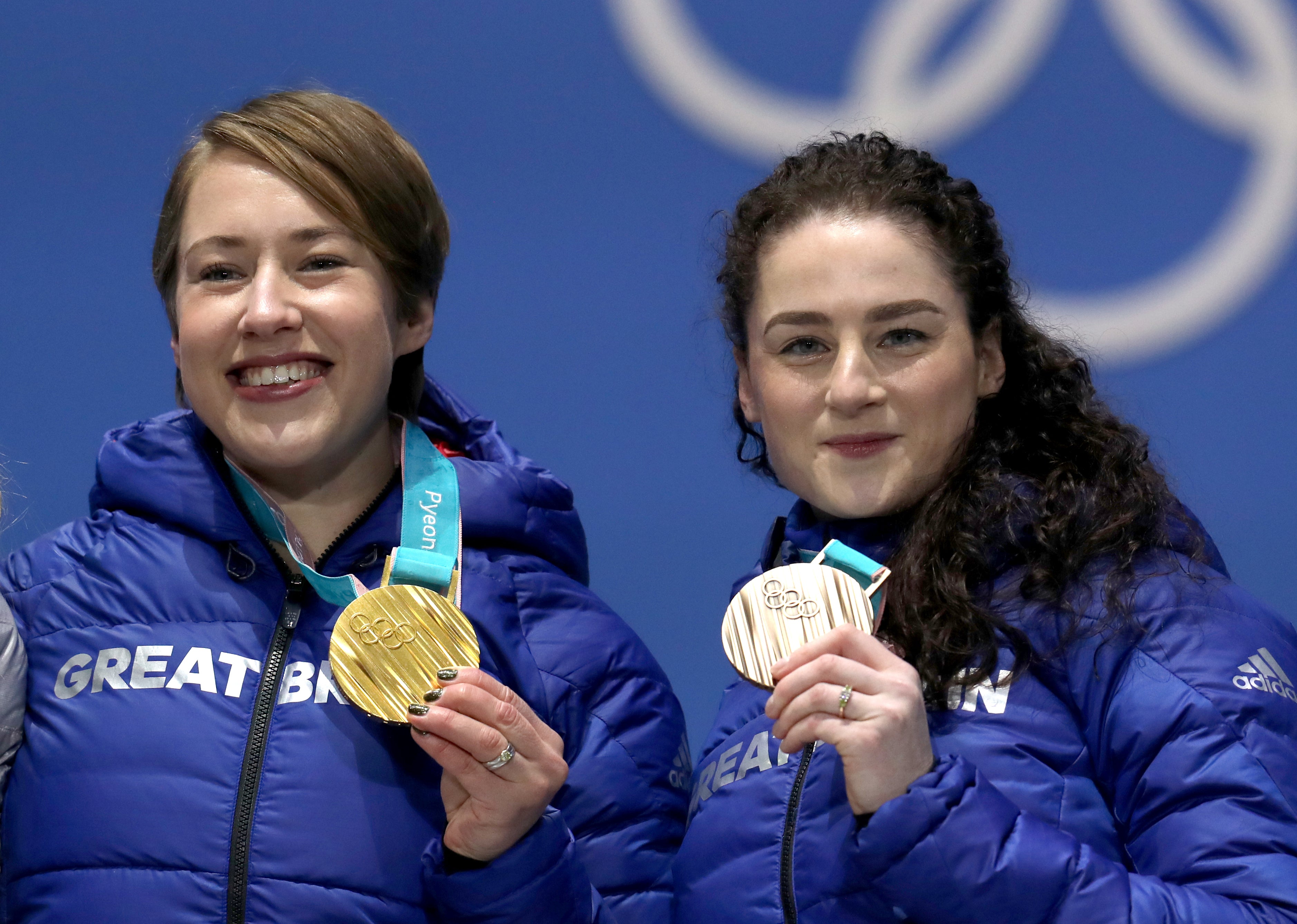Laura Deas aims to slide in Lizzy Yarnold’s golden footsteps at Beijing Winter Olympics
The 2018 bronze medallist is looking to extend Team GB’s terrific recent record in the skeleton

Your support helps us to tell the story
From reproductive rights to climate change to Big Tech, The Independent is on the ground when the story is developing. Whether it's investigating the financials of Elon Musk's pro-Trump PAC or producing our latest documentary, 'The A Word', which shines a light on the American women fighting for reproductive rights, we know how important it is to parse out the facts from the messaging.
At such a critical moment in US history, we need reporters on the ground. Your donation allows us to keep sending journalists to speak to both sides of the story.
The Independent is trusted by Americans across the entire political spectrum. And unlike many other quality news outlets, we choose not to lock Americans out of our reporting and analysis with paywalls. We believe quality journalism should be available to everyone, paid for by those who can afford it.
Your support makes all the difference.Laura Deas insists a Winter Olympics without any snow will not inhibit the spectacle for the adoring British public as she aims to extend Team GB’s line of skeleton golden girls.
Welsh ace Deas, 33, bagged bronze in Pyeongchang four years ago and will represent Britain’s chief sliding hope when she takes to the Beijing track next month.
But the Chinese capital will be anything but a salubrious alpine winter wonderland, with the Yanqing District – where the skeleton, luge and bobsleigh events will take place – receiving just 2cm of snow between January and March last year.
That figure was less than both London and Madrid but with Beijing doused in almost 50 million gallons of water to create optimum Olympic conditions, Deas says she isn’t concerned about its impact on inspiring the next generation of sledge-fuelled talent.
She said: “I think it’s going to be an incredible event regardless of how much snow there is.
“I’m sure China will be doing their absolute best to make sure that the snow events are up to scratch and exactly what they need to be. And I’ve seen plenty of people in the UK sledge on hardly any snow!
“Luckily, our sliding facility is completely self-contained and is an artificially-refrigerated system. Thankfully, we don’t have to worry what the outside weather is doing as we’ve got a climate-controlled environment.
“Skeleton has become slightly more well-known since when we first started. I’m really hoping that this Olympics is the perfect shop window for potential athletes to see it and be inspired by it.
“And not just inspired by skeleton, but all of the incredible sports that get showcased. It’s so special how you see all of these sports that are considered quite niche during the four-year cycle – this is their moment to shine and I’m really looking forward to seeing how the public get behind Team GB, because they always do an incredible job.”
Lizzy Yarnold became Britain’s most successful Winter Olympian in South Korea as she sped to a second consecutive gold ahead of third-placed Deas.

Those pair of triumphs came off the back of Amy Williams’ stunning gold in Vancouver while four years earlier, Shelley Rudman soared to surprise silver in Turin.
Deas insists she will not crumble under the weight of British expectation and hopes keeping in contact with Yarnold, who retired in 2018, can fire her to glory in Beijing.
“I’m a competitive athlete and I want to go out there and win another medal,” added Deas, whose PyeongChang bronze was one of 1,000-plus medals achieved by British athletes since the advent of National Lottery funding to elite sport in 1997.
“That’s why I’ve trained as hard as I have for the last four years. I definitely don’t feel like I’m holding that [expectation] by myself – I’ve got a team of athletes with me who’ve got a huge amount of potential, are really talented and have all shone at various points this season.
“Together, our combined effort to go out there means we can come back with some pretty stunning success.
“[Me and Lizzy] chat a lot. She’s been doing a really great job of keeping me going this season when times have got tough.
“She’s been great at dishing out some handy advice and reminding me of the times we’ve been really successful together. You need friendships like that – every athlete needs that to keep them positive and moving in the right direction, and we’re no different.”
No one does more to support our Olympic and Paralympic athletes than National Lottery players, who raise more than £30 million each week for good causes including grassroots and elite sport. Discover the positive impact playing the National Lottery has at www.lotterygoodcauses.org.ukand get involved by using the hashtag: #TNLAthletes
Join our commenting forum
Join thought-provoking conversations, follow other Independent readers and see their replies
Comments